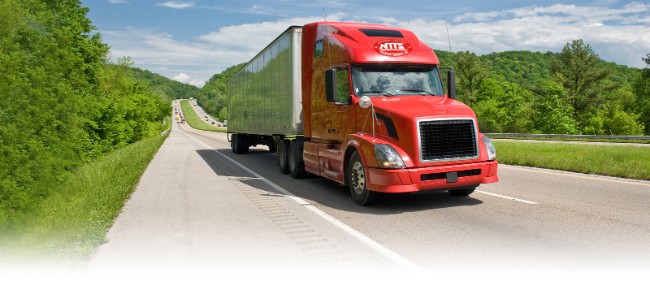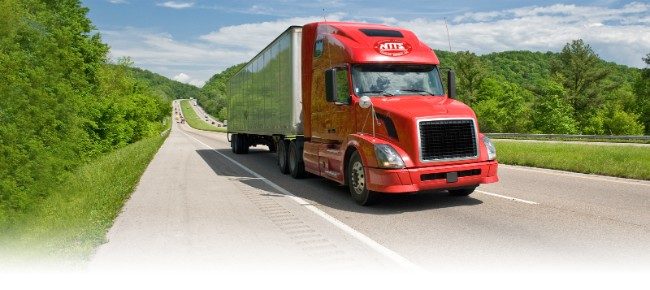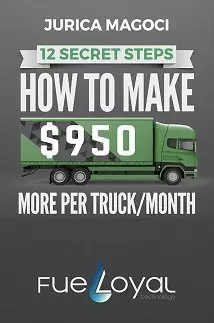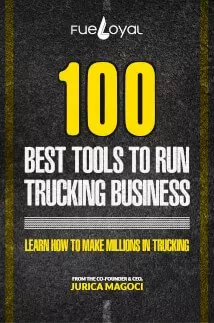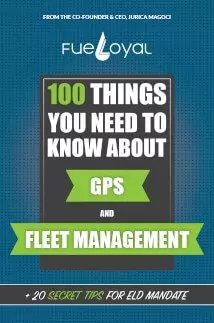In my attempt to create the ‘ultimate’ heavy duty truck guide I know there will be points, ideas, and information left out. Unfortunately trying to cover everything about a heavy duty truck can be hard. Not that there is not enough information, but deciding what to include and what to skim over, is the real issue.
LEARN 12 SECRET STEPS HOW TO MAKE $950 MORE PER TRUCK / MONTH
Hey! I'm George J.Magoci and I will send you a FREE eBook where you can learn 12 secret steps how to make $950 more truck/month.

Some might read this and think it is a good overview, others might say what about this or that. As usual I will welcome all suggestions and points in the comments box beneath the article. For others perhaps this will be more a starting point in your quest to learn more about what is considered to be a heavy duty truck.
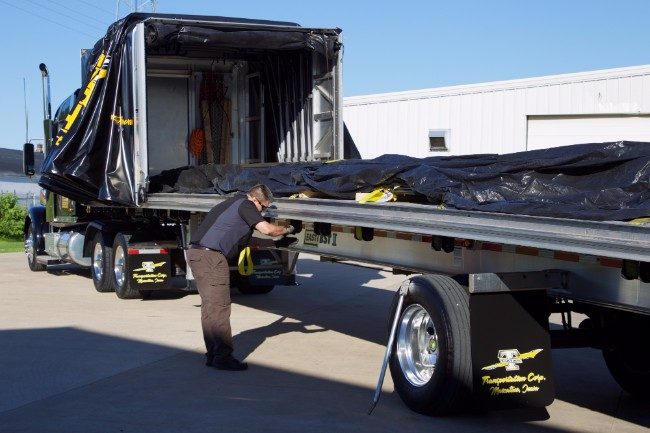
I will say for this guide of mine that it isn’t a 4×4 GMC with a lift kit and spray on ‘mud’!!! It is geared towards commercial trucks.
If you want to learn more from an official point of view you have several options:
- Visit the site of the United States Department of Transportation (DOT) and Federal Motor Carrier Safety Administration (FMCSA);
- Read The Environmental Protection Agency (EPA) article, regarding the heavy duty trucks;
- Read the FMCSA’s safety compliance and enforcement program (CSA);
- You can visit your state’s transportation department or other relevant regulatory agency for your state or the state where operating in;
- Visit on-line forums, groups, and other social media sites for heavy duty trucks and truck drivers, or any kind of site for truckers will give you a valid information on the topic, in matter of fact;
- Read one of the on-line or hard copy truckers’ magazines, or join one of the many trucking associations like example the Owner-Operator Independent Drivers Association, (OOIDA).
Of course, there are other options. But what I have put together is a guide, and I hope it does help you for finding the information you are seeking.
Commercial Truck Classification
Ok, I guess, before I go into details about what is a heavy duty truck, or the types or their uses and all that other fun stuff, I shall first explain the classifications. I am sure many will be like, “I already know this”! Well, if you do know, then this might be a refresher for you, if you don’t, I hope it adds to your understanding.
